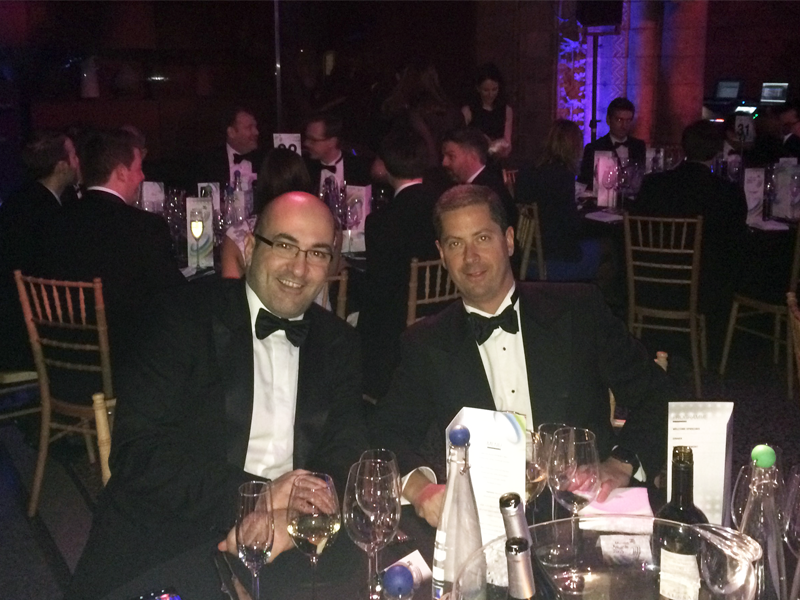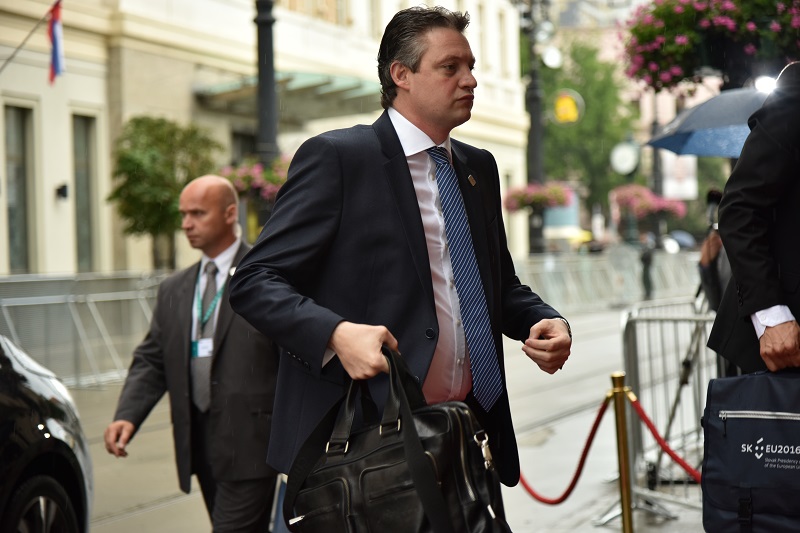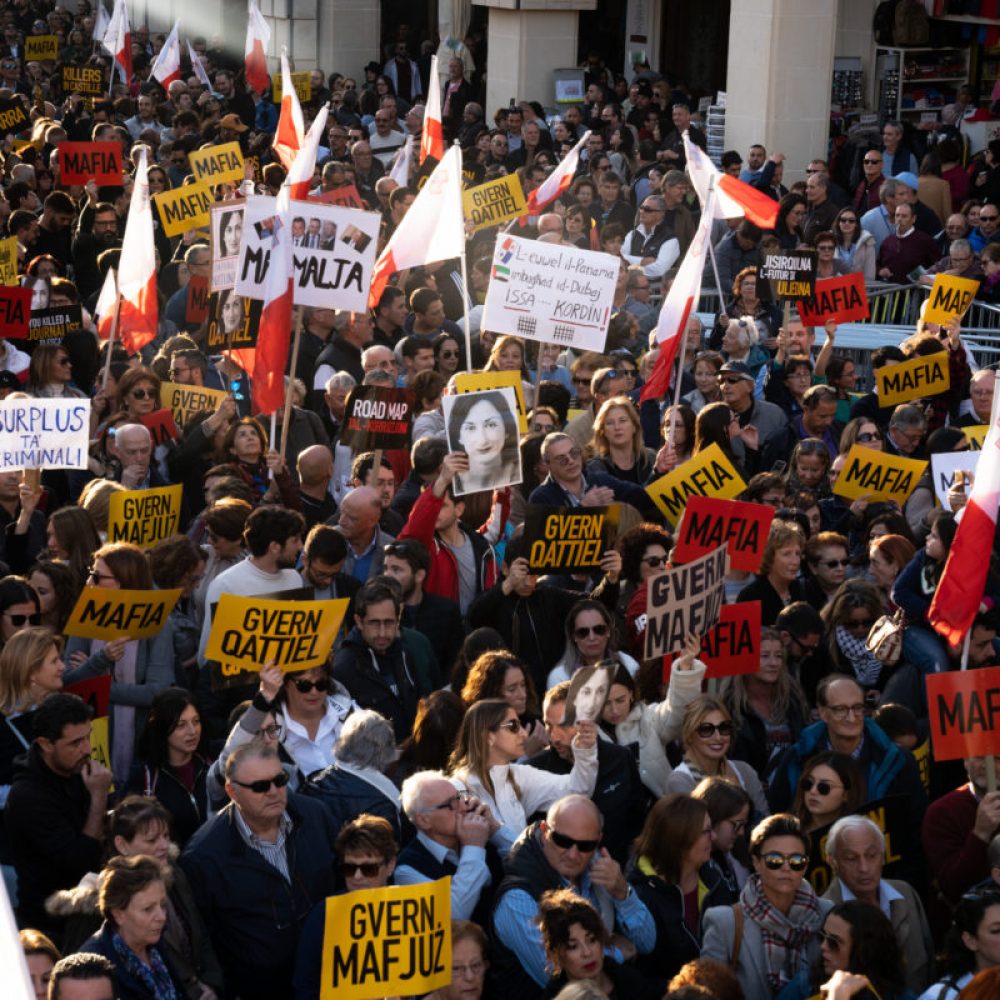Counter Terrorism Unit Head George Cremona told the public inquiry board last week that he was the one to contact the United States FBI to provide Malta with assistance within an hour and a half of the fatal car bomb that killed the investigative journalist.
His testimony is significant because it contradict what the former prime minister’s disgraced former chief of staff Keith Schembri said under oath. Schembri had told the court in December that he was the one to involve the FBI in the case.
Cremona presented documents to back up his testimony, including emails with the FBI.
The Counter Terrorism Unit Head also told the inquiry that he had been contacted by US Homeland Security, who were investigating a case where firearms, ammunition and a suppressor (silencer) were purchased on the dark web, to be delivered to “George Fenech, 21st floor Portomaso, St. Julian’s”.
George Fenech – the father of the suspected mastermind of the journalist’s assassination, Yorgen Fenech – was dead at the time.
US investigators had also traced online searches for the deadly poison ricin back to a device owned by Fenech.
Caruana Galizia family lawyer Jason Azzopardi noted, “It was the same period when they knew [middleman] Melvin Theuma was going to be arrested”.
Were they planning to silence the one man who could link Fenech to the paid assassins? As with so much else in this case, the answer seems to lie in the government’s ties to the controversial Electrogas power station project.
The week’s hearings ended with shocking testimony from Electrogas director Paul Apap Bologna, who also controls part of GEM Holdings, which owns 33%of the energy consortium.
It was another tale of willful blindness, but the inquiry board wasn’t having any of it.

Throughout his testimony, Apap Bologna seemed strangely unaware of the details of a major project in which he had invested some €9 million.
He repeatedly denied having presented the project to the Labour Party prior to the Party winning the elections in 2013.
Despite the fact that the project was the main electoral promise of the Party that repeated projections put forward in presentations by the consortium, Apap Bologna insisted there was no collusion in advance.
The judges, increasingly frustrated at the display of ignorance of the project, pointed to a damning report by the Auditor General that found there was a possible “distortion” of the evaluation process in favour of Electrogas.
But Apap Bologna claimed he had not seen the report. This led to warning by the judges reminding Apap Bologna that he was under oath.
Apap Bologna claimed he didn’t know a number of other important facts. He did not know why two directors, including Azerbaijan’s SOCAR representative Turab Musayev, resigned a few weeks after revelations by the press linking the project to Caruana Galizia’s death.
He didn’t know that Fenech and former Energy Minister Konrad Mizzi had negotiated a deal where Enemalta would absorb €40 million in excise tax owed by Electrogas, forcing taxpayers to carry the burden instead.

And he didn’t know the Gasan family — another major investor and shareholder — wanted out of the project until he read their public statement in the press last week.
“You are business partners, you are family, and he doesn’t tell you,” said Judge Abigail Lofaro, who grew increasingly frustrated throughout the sitting. Apap Bologna’s wife is a member of the Gasan group, one of the three Maltese business families involved in the project.
When asked if he confronted Yorgen Fenech with the accusation that the Electrogas CEO and shareholder owned the Dubai kickback vehicle 17 Black, he said, “We asked him about it at a board meeting, but he didn’t answer us.”
“What did you do when he didn’t reply?” Judge Lofaro said. “Just stare back? This is incredible, I’m sorry,” Judge Lofaro said.
The visibly uncomfortable witness mumbled, “They were media accusations…”
Asked if he had questioned Fenech about the reason for his resignation as director just days before the alleged mastermind’s escape attempt and arrest, Apap Bologna said, “I didn’t speak to Fenech”.
“Be careful,” Azzopardi warned him, “mobile data concerning Yorgen Fenech will be coming out”.
“I may have spoken to him…” Apap Bologna replied.
Most shocking of all, the director and shareholder claimed he didn’t know Electrogas was verging on bankruptcy in December 2017, despite this being mentioned in the Auditor General’s report.
Judge Lofaro warned him repeatedly that he was under oath.
“How do you not know the conclusions of the report?” former Chief Justice Joseph Said Pullicino said. “You have a right to disagree with it, but do not tell me that you don’t know.”
“We know at this time that the documents had already been leaked to Daphne Caruana Galizia,” the Head of the Public Inquiry Board and former Judge Michael Mallia added. “Had she not been killed in October 2017, what would the situation have been for Electrogas?”
“I can’t answer directly as I don’t know…” Apap Bologna said. “The situation as I know it was that we needed financial closure.”
“It so happened that her death helped Electrogas reach financial closure,” Judge Mallia said. “Doesn’t that worry you?”
“It’s an accusation,” Apap Bologna replied. “The finger is being pointed at us without…”
The picture emerging from the public inquiry is one where all roads lead to Yorgen Fenech, Keith Schembri and Joseph Muscat.
Where government officials, Cabinet ministers and heads of institutions denied all knowledge of corruption that was evident to any casual observer.
And where the government’s top prosecutor — the Attorney General — advised the police not to act against the key players despite ample evidence of crime.
Had any of these institutions done their job — and had other officials acted with the same initiative as Counter Terrorism Unit Head George Cremona — then Caruana Galizia would still be alive today.
American officials have repeatedly offered assistance to Malta, with the most recent US Embassy statement being issued in October 2019. “It is not too late for Malta to bring Daphne’s killer to justice in a credible manner,” it said.
But Joseph Muscat’s government turned them down, claiming both the FBI and Europol were already involved “at various stages”. They neglected to add that these agencies were always acting under the direct supervision of the Malta Police that was colluding with the Maltese government.
Nearly three years after Caruana Galizia’s brutal murder, Electrogas is still in business and the key shareholders — Malta’s richest families, SOCAR and Siemens — are still involved. The only thing that’s changed is that they’re now pointing fingers at each other.
The following project is weekly Maltese Roundups prepared by The Shift News (Malta) offering the latest news in Daphne Caruana Galizia case.

